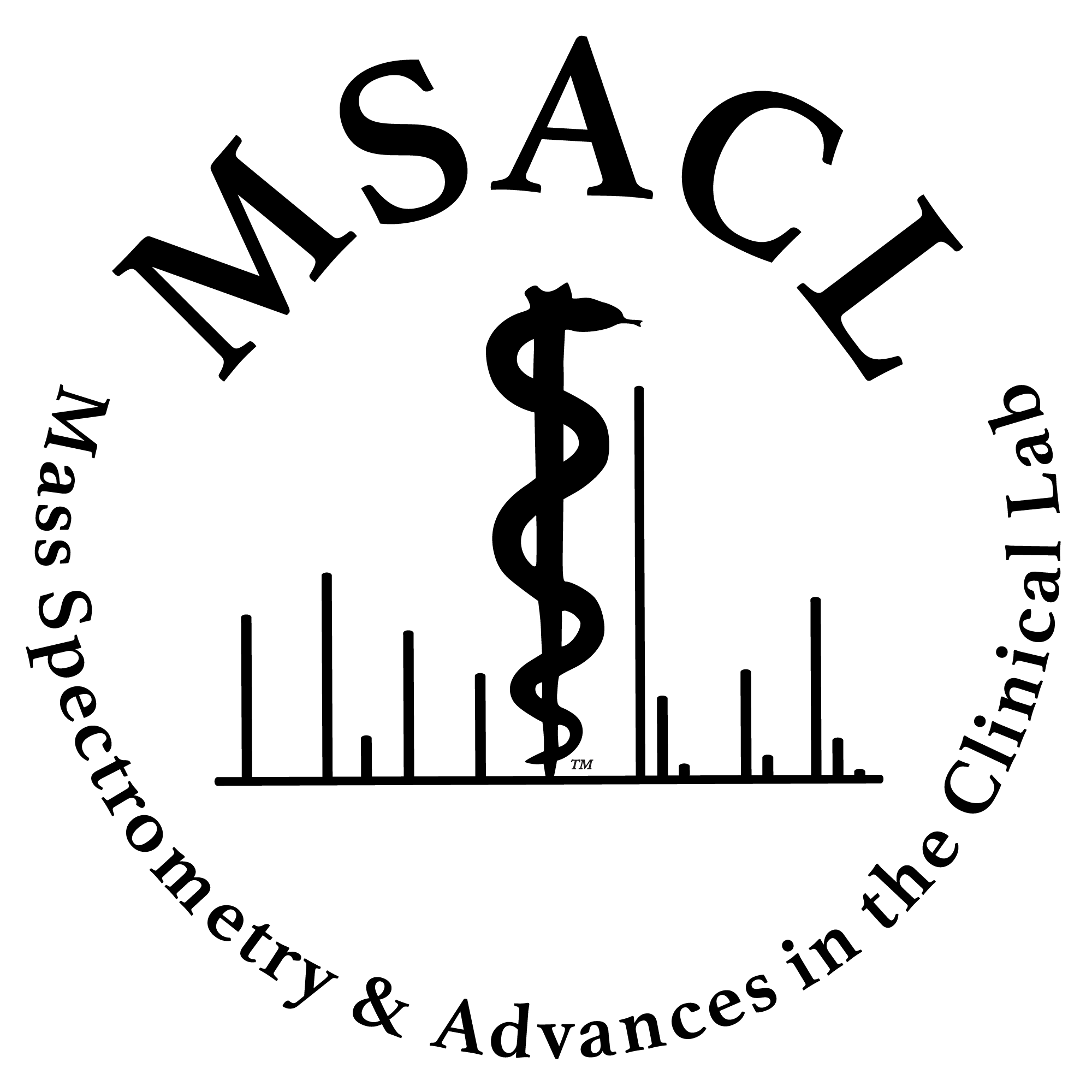MSACL 2023 Abstract
Self-Classified Topic Area(s): Glycomics > Proteomics > none
|
|
Podium Presentation in Steinbeck 3 on Wednesday at 16:10 (Chair: Maud Gregson / Christopher Koch)
 Alteration of Human Immunoglobulin Fc-glycosylation Among Chronic Dialysis Patients After SARS-Cov-2 Vaccination Booster and/or Infection with LC-MSMS Analysis Alteration of Human Immunoglobulin Fc-glycosylation Among Chronic Dialysis Patients After SARS-Cov-2 Vaccination Booster and/or Infection with LC-MSMS Analysis
Chia-Yi, Chou (1), Chung-Yi Cheng (2), Chih-Hsin Lee (3), I-Lin, Tsai (4)
(1) Graduate Institute of Medical Science, College of Medicine, Taipei Medical University, Taiwan
(2) Division of Nephrology, Department of Internal Medicine, Taipei Medical University, Taiwan
(3) Division of Pulmonary Medicine, Department of Internal Medicine, College of Medicine, Taipei Medical University, Taiwan
(4) Department of Biochemistry and Molecular Cell Biology, Taipei Medical University

|
Chia Yi Chou, Bachelor of Science (B.S.) (Presenter) 
Graduate Institute of Medical Sciences, College of Medicine, Taipei Medical University, Taiwan |
|
Presenter Bio: Chia Yi Chou is a graduate student at Taipei Medical University of Taiwan in Dr I-Lin Tsai’s lab. She has been awarded Excellent Research Paper in Joint Academic Research symposium of Taipei Medical University. Chia Yi has posted posters in academic conferences and given oral presentations in Taiwan (TSMS annual conference, Joint Annual Conference of Biomedical Science). She conducted research in fields of pharmaceutical analysis, biomedical application, glyco-proteomics,and instrumentation/methodology development. Her work focuses specifically on SARS-CoV-2 related topics about glycosylation pattern of immunoglobulins. |
|
|
|
|
Abstract Introduction
Individuals receiving renal dialysis treatment reveal unknown immunogenicity rates and higher mortality rates when infected with SARS-CoV-2, and potential risk factors (age, active malignancy, immunosuppression medication, etc.) of this population may influence their vaccine and treatment strategies.
Objective
Our primary objective is to in-depth characterize glycosylation patterns in bulk immunoglobulins (IgG, IgA, IgM) among groups of adults receiving chronic dialysis therapy after SARS-CoV-2 infection and /or four-dose vaccine booster.
Method
The study recruited 92 individuals from Taipei Municipal Wanfang Hospital (Taipei, Taiwan), and we defined participants after their 3rd/4th dose of Moderna mRNA-1273 vaccination as synthetic antigen exposure (S), and participants got COVID-19 infection as natural antigen exposure (N). The population was divided to 4 groups for comparing different potential of glycosylation-based biomarker: S – / N – (control), S + / N –, S – / N +, S + / N +. All isotypes of immunoglobulin (IgG, IgA, IgM) were purified with affinity beads from human plasma, and Fc N-linked glycopeptides were cleavage with digestion enzyme Glu-C and trypsin. Total of 26 IgG glycopeptide, 34 IgA glycopeptide, and 41 IgM glycopeptide were applied for bulk Ig full glycoform analysis with UHPLC-MS/MS. Fragmentation process was conducted with Triple-quadrupole mass spectrometry, and analyte of interest was selected with MRM quantitation.
Results
This study first visualized 15 out of 25 IgG traits, 5 out of 20 IgA traits, and 1 out of 9 IgM traits with significance difference. The primary results show total IgG1, IgG3/4 galactosylation and IgG1, IgG2 bisection increase, but IgA1/2 asparagine 144 (N144)/131 monogalactosylation decreases in S + / N – group compared to controls. In S – / N + group, the abundance of IgG3/4 monogalactosylation increases, but IgG1 fucosylation, IgA1/2 N144/131 monogalactosylation, IgA1/2 N340/327 fucosylation decrease. Bisection of IgG1, IgG2 accelerates when exposed to man-made antigen rather than natural antigen. We also found that IgG Fc bisection and IgA2 N205 galactosylation have correlation with susceptibility to COVID-19 infection after only one vaccine booster in risk population when comparing S + / N + to S + / N – group.
Conclusion
This is the first study to investigate not only IgG but IgA, IgM glycosylation profiles between different vaccination doses and infection status among chronic dialysis individuals. We highlighted glycopeptide particularism with IgG bisection, IgA galactosylation, and fucosylation of IgG, IgA after different antigen exposure in this specific population.
|
|
Financial Disclosure
| Description | Y/N | Source |
| Grants | no | |
| Salary | no | |
| Board Member | no | |
| Stock | no | |
| Expenses | no | |
| IP Royalty | no | |
| Planning to mention or discuss specific products or technology of the company(ies) listed above: |
no |
|

